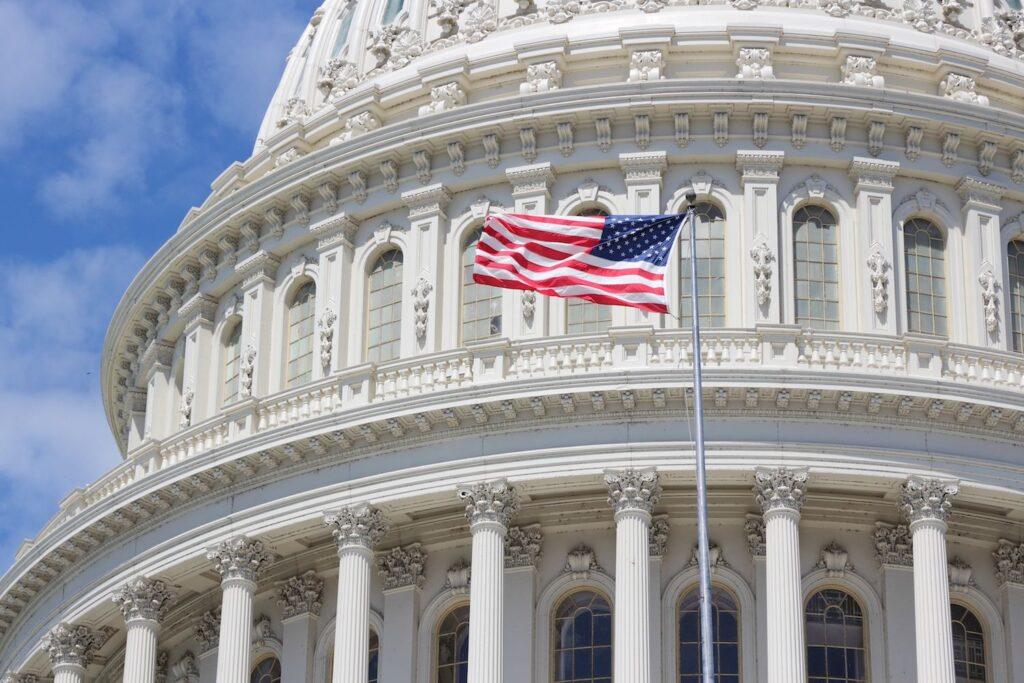On January 20, 2025, the United States will begin a new chapter in more ways than one. While the nation will be focused on President Trump’s inauguration as our 47th president, the US financial sector will be celebrating the resignation of Joe Biden’s Securities and Exchange Commission Chairman Gary Gensler.
As a member of the House Financial Services Committee, I am well aware of Gensler’s heavy-handed approach to stifling innovation and shackling the engine of the American economy. His criminal stance was particularly damaging in the burgeoning field of cryptocurrency and blockchain technology.
While touting his actions as measures to protect investors, Gensler exploited engineered ambiguity to undermine the growth and technological advances that make U.S. markets competitive and drive promising projects offshore, including the development of the next generation of
internet.
Under Gensler’s leadership, the SEC’s enforcement-focused agenda often did more harm than good, and “regulatory uncertainty” was used to attack US crypto exchanges such as Bittrex, Kraken, and Coinbase, with Bittrex explicitly citing the effects of Gensler’s approach when it left Gensler.
the American market.
The question is not whether cryptocurrency requires regulation – it undoubtedly does. Cryptocurrency, by its very design, challenges traditional financial systems and requires an entirely different regulatory framework – one that balances consumer protection with the need to foster innovation. As the price of bitcoin recently broke the $100,000 barrier, digital assets have demonstrated their staying power and investors have already embraced their potential.
Last year, I was proud to help the House pass the Financial Innovation and Technology for the 21st Century Act, a bill championed by our incoming Financial Services Chair French Hill. FIT 21 represents a groundbreaking shift in the regulatory landscape and would establish an accountable new regulatory framework that clearly defines the role of the SEC and the Commodity Futures Trading Commission. This would provide much-needed clarity to a rapidly evolving market, and unlike the SEC’s enforcement-heavy playbook, FIT 21 promotes both transparency and innovation, protecting consumers without stifling creativity. I applaud Rep. Hill for his work on this, and I look forward to his ongoing efforts with President Trump in this arena.
President Trump demonstrated a keen understanding of cryptocurrency’s transformative potential during his historic campaign. Polls show that his embrace of these issues helped him gain broad support from younger and more diverse voters for whom cryptocurrency is a staple of daily life.
During his first administration, President Trump’s SEC worked with the crypto industry to enforce securities laws without alienating innovators, offering clear guidance through landmark initiatives like the DAO Report and the Investment Contract Analysis Framework
of digital assets.
These resources provided critical insights to help entrepreneurs navigate compliance while building breakthrough technologies.
In addition to the Biden administration’s hostility to crypto, Chuck Schumer and Senate Democrats refused to consider FIT 21 after it passed the House with overwhelming, bipartisan support. Additionally, New York courts thwarted Governor Hochul’s attempt to shut down bitcoin miners
introduction of the state’s radical climate law.
In anticipation of President Trump’s return and Republican majorities in the House and Senate, the crypto market is booming, with the price of bitcoin rising up to 33% since Election Day. Furthermore, President Trump’s new Cabinet and Department of Governmental Efficiency could revolutionize the way federal agencies operate and save taxpayers billions by integrating blockchain technology across government.
With President Trump’s appointment of Paul Atkins as the next SEC Chairman, we can expect a more transparent and transparent approach to governance and policies that encourage innovation while protecting investors – setting the stage for the cryptocurrency and blockchain sector to thrive and the creation of high-paying new American jobs. We will be able to move beyond the opportunities missed under the Biden administration and build a framework that positions the United States as a leader in the global digital economy.



